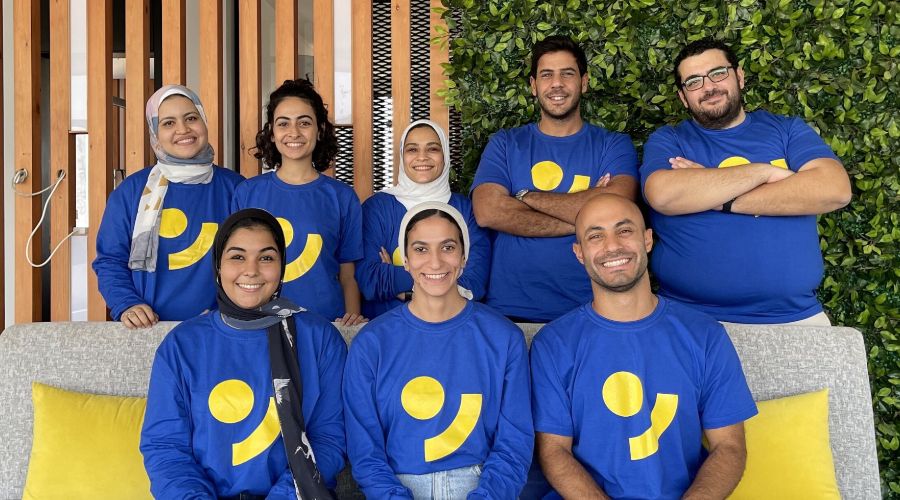Egyptian Fintech Startup, Raseedi, Raises $850k In pre-Series A Round
Raseedi, an Egyptian fintech startup, said that it has raised $850,000 in a Pre-Series A round from Samurai incubate, a European investor, and all current investors (500 Global, EFG-EV and Falak Startups)
“Since our inception, we have focused on the masses offering them a better way to communicate cheaper. So, once an app becomes the user’s daily trusted dialer, it becomes so much more; the network or circle they trust for how they connect to their community of contacts, friends and family. Users are now calling cheaper, paying telecom/ utility bills and taking advance telecom credit but imagine if later people can communicate for FREE within this community, pay peers/ contacts and borrow from peers or even get guaranteed by members of their community to receive cash loans. Maybe sooner than later, stay tuned,” said Ahmed Atalla co-founder and CEO of Raseedi.

Raseedi has generated considerable traction since its founding. Over 10 million monthly visits and calls have been made through the Raseedi dialer app
“We strongly believe that Raseedi’s unique approach of providing the app to the unbanked in Egypt will not only allow them to use their phone easier and more affordable, but also open a gate to access to credit. The company is led by three experienced founders who have a great conviction to solve the pain points of services provided by existing telcos, and already built a talented team to execute their mission. We are happy to be on board of their journey to improve African people’s accessibility to the internet,” Samurai Incubate said in a statement.
Read also : South African Fintech Firm, Crossfin, Acquired For $94.3m
A Look At What The Startup Does
Raseedi is a voice over internet protocol (VOIP) software that helps users make cheaper calls and provides data-driven saving recommendations. It was founded in 2018 by Ahmed Atalla and Samuel Samy. The app receives over 10 million monthly visits.
Raseedi is attempting a novel strategy to bringing millions of underbanked Egyptians into the fintech industry. The App’s entry point was assisting users make cheaper calls and giving them with data-driven saving advice in a category where community and savings are important. It wasn’t difficult to introduce clients to payments and hassle-free advance credit with an average of 120 visits per user per month for the typical user and over 1,000 visits per user per month for the top users. With purely organic App communication and upselling, payment volume increased by 5 times in just one month, and about 5,000 advance credit amounts were given out on the spot in just a few months, all based on a smart inhouse rating system based on the obtained telecom data.
Read also : Binary Innovative Technology Solutions on a Drive to Support its Growth
“We’ve always been a super lean tech startup, we only spend on people and tech never on assets or operations that’s why our goal is to create this daily product that relies completely on technology with zero dependency on any onground operation. From communication to payments to receiving instant advance credit, everything is done through an app. It’s been going great for us with 13,000 reviews of 4.3 stars on the playstore, yet the bigger challenge comes with our next scaling milestone, 100 million monthly visits from 1m monthly active users,” Samuel Samy, Raseedi’s co-founder and COO and head of product said.
Egyptian Raseedi Egyptian Raseedi
Charles Rapulu Udoh

Charles Rapulu Udoh is a Lagos-based lawyer who has advised startups across Africa on issues such as startup funding (Venture Capital, Debt financing, private equity, angel investing etc), taxation, strategies, etc. He also has special focus on the protection of business or brands’ intellectual property rights ( such as trademark, patent or design) across Africa and other foreign jurisdictions.
He is well versed on issues of ESG (sustainability), media and entertainment law, corporate finance and governance.
He is also an award-winning writer






